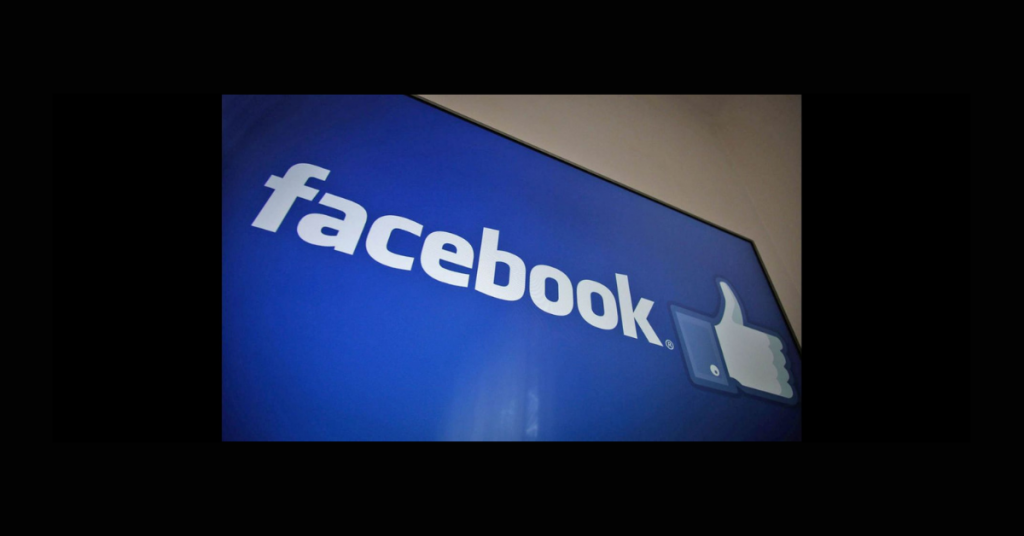There is no doubt that Google, Facebook and Twitter need regulation especially in view of the following things:
This week’s social media stunner involves YouTube CEO Susan Wojcicki refusing to acknowledge YouTube’s radicalising effect on politics. This came on the heels of last week’s social media nightmare, featuring YouTube serving pedophiles videos of preteens in bathing suits. And this was just YouTube’s turn.
Week after week, disturbing social media news hits, people are outraged, and lawmakers bellow. The platforms blame their algorithms and pledge change, and nothing else happens — until the cycle predictably repeats.
Tech companies have acknowledged they are unable to regulate themselves, and our government is spectacularly unprepared for the challenge.
That’s nothing compared to battling bots launched by sophisticated and deep-pocketed nefarious actors bent on destroying democratic hegemony, particularly in an environment where even the truth has been politicized.

In 2019, such political interference is just one of the many nightmares Facebook, Google, and Twitter are confronting that have perilous consequences.
Meanwhile, tech monopolies are spending jaw-dropping sums on lobbying to keep regulators off their backs. Who can blame them? These companies will spend what it takes to dodge, duck, dip, dive, and dodge regulation.
Compounding all of this, the right answers are difficult to come by.
How do we protect how open platforms positively and powerfully amplify under-represented and marginalized people’s voices, while implementing inherently subjective rules prohibiting dangerous speech?
How do we think about data portability and security? To say nothing of keeping dozens of copycats, domestic and foreign, from joining Russia in running an updated version of the 2016 election interference playbook.
Recode’s Kara Swisher has said that the “techlash” is at risk of giving us whiplash — that ham-handed government intervention will “pull the emergency brake on the digital gravy train.” In other words, the only thing worse than no regulation might be bad regulation.
Which is why the time for a national commission has come.
To be sure, special government commissions often are ineffective at generating findings that translate into action. But occasionally — very occasionally — commissions serve a critical national interest, their findings and recommendations meaningfully advance policy, and they educate the public on critical complex issues. This one can too. In fact, it must.
This is no panacea. But we have to start somewhere. Where we are today, mere sound and fury signifying nothing, is not going to cut it. To paraphrase Winston Churchill, a national commission may be the worst idea except for all the others. Our democracy may just depend on it.
source:http://www.vox.com/
MARKETING Magazine is not responsible for the content of external sites.










